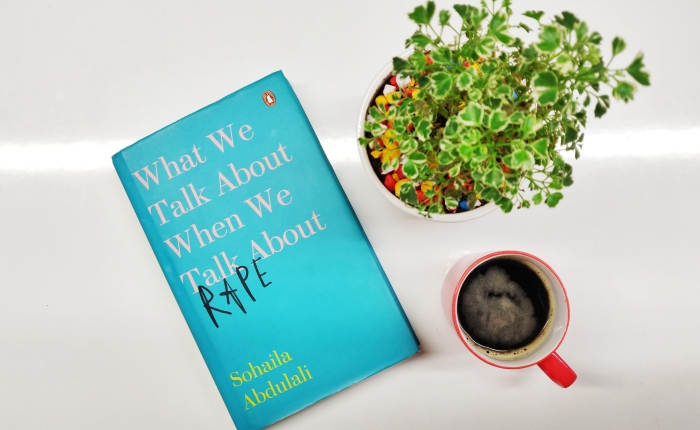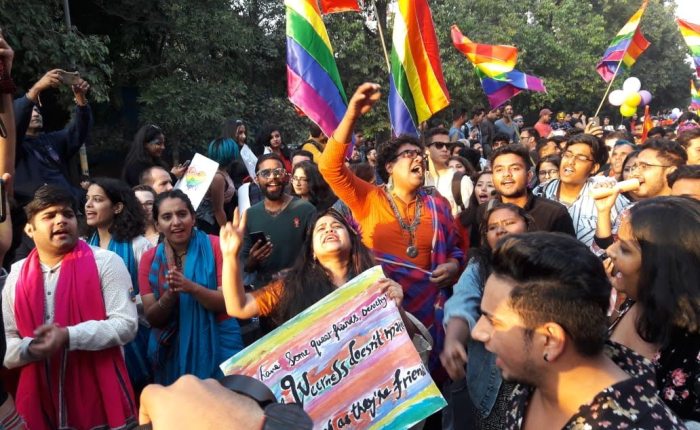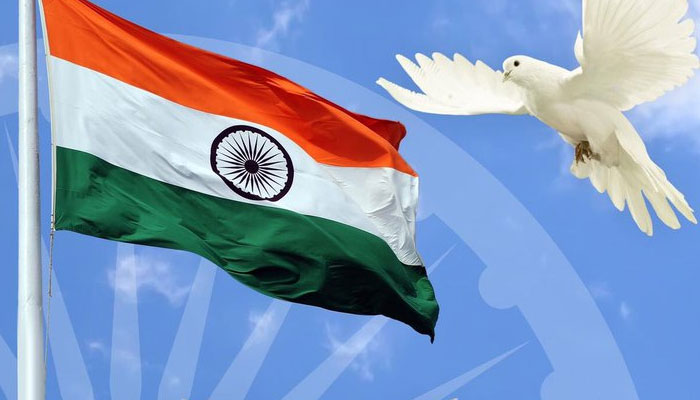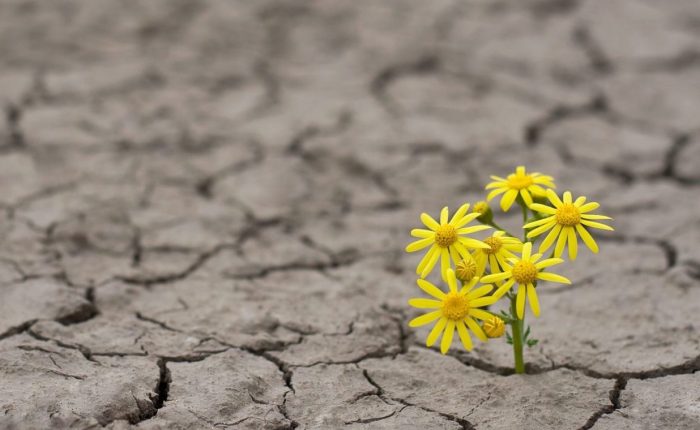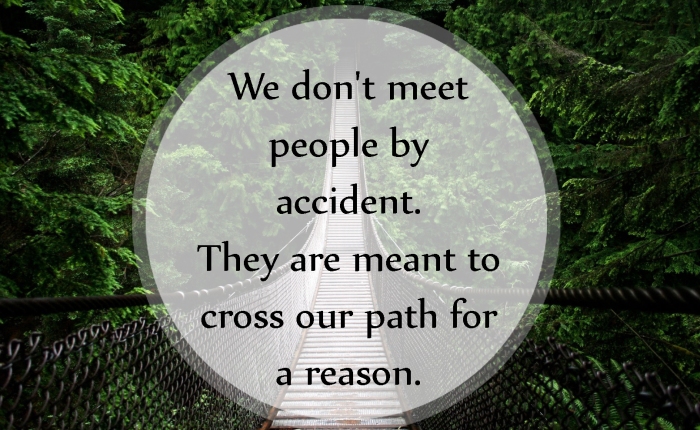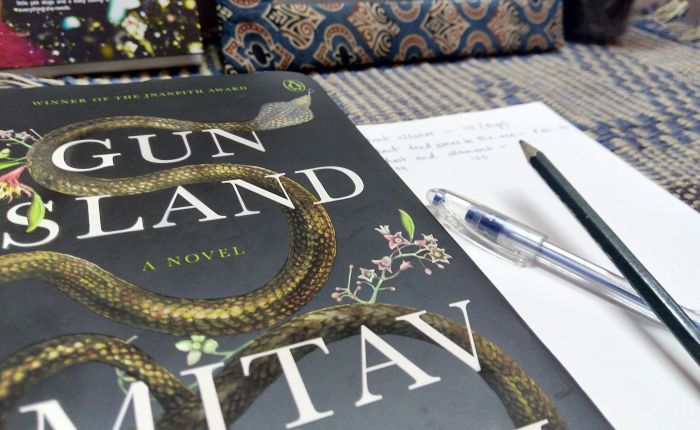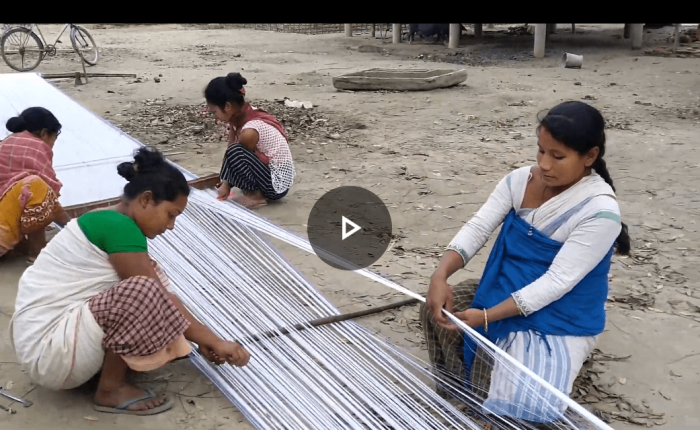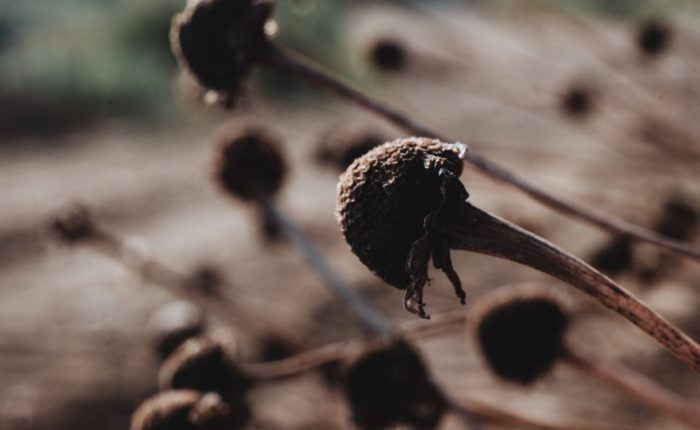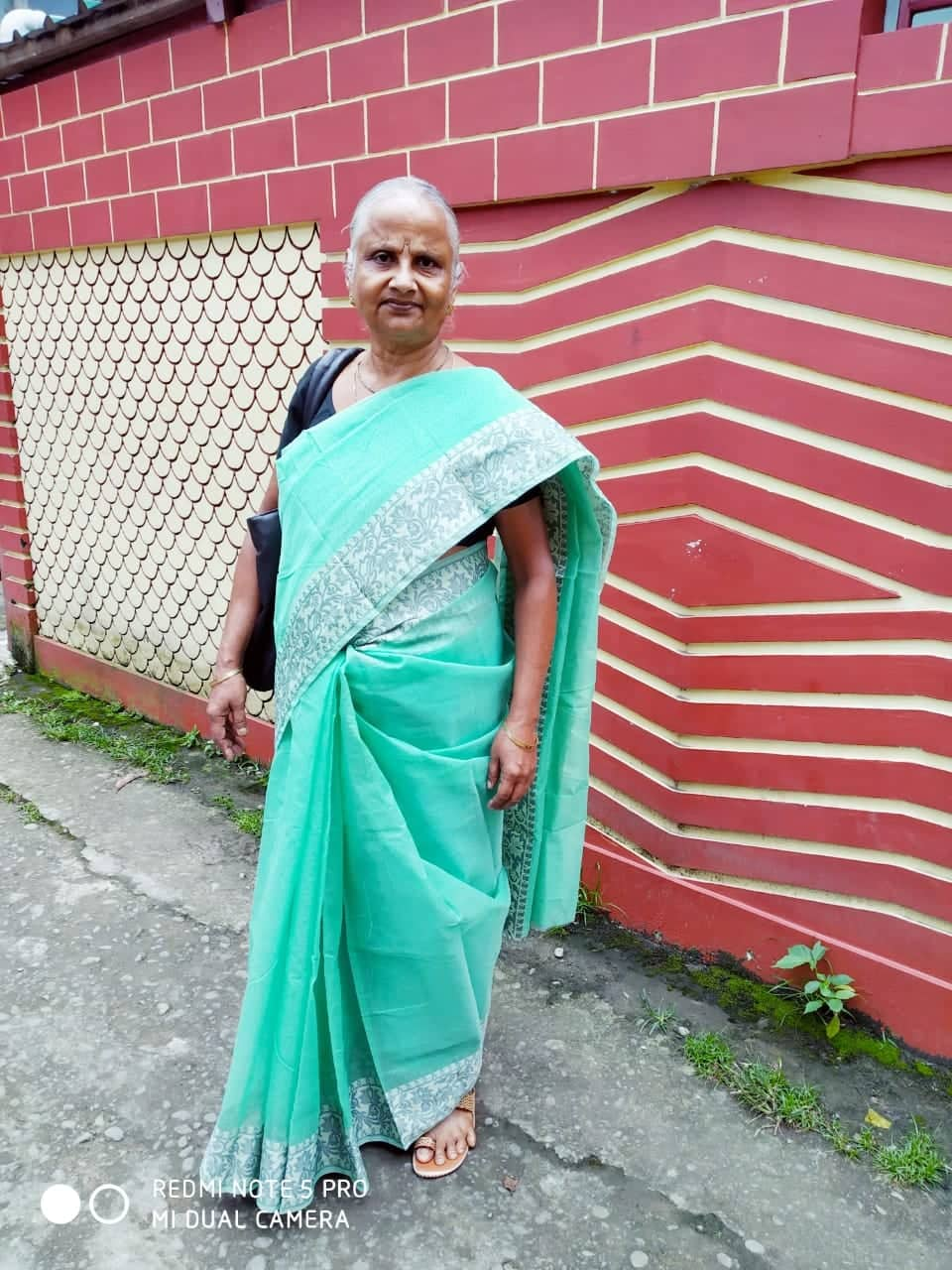
Books are the best mediator between cultures-be it in terms of exchanging ideas about language or people’s being. The best way to tell the stories of the lives and culture of people living in foreign nations is through artfully crafted stories. Before picking up the novel Celestial Bodies, I had only prejudiced thoughts about the lives of the women in the Middle East. By the time I finished reading the novel, my prejudices started shattering. Instead, I developed an urge to meet the women characters, created by the author, Jokha Alaharthi, of Celestial Bodies (originally Sayyi-dat al-qamar), the winner of the Man Booker International Prize 2019.
It is the story of an Omani family, told through three generations and the way the lives of the people belonging to the different generations of the family were shaped by the rapid social changes taking place in their country throughout the twentieth century, and especially since the country’s emergence as an oil rich nation in the 1960s. The fiction is written in a not-so-usual format. There is Abdallah, the narrator of the story who is omnipresent throughout the novel and then there is Maya, Abdallah’s wife who lacks any sort of emotional attachment to her husband. While Abdallah’s narration appears in every alternate chapter, the narrations of all the other characters appear in the subsequent chapters.
Salima and London are the mother and daughter of Maya, respectively. The story revolves around these three women, belonging to three generations of the family. Maya is an obedient girl who follows the norms of the Omani society, especially the ones outlined by her mother Salima. Salima was raised by her conservative paternal uncle and this instilled in her a traditionalist mindset. Salima’s orthodox view of life is reflected in the way she raises her daughter. Abdallah, the son of the merchant Sulayman, is Maya’s husband. The two got married before Maya could finish her studies. Maya does not listen to anyone while naming her daughter.
Maya has two sisters, Asma and Khawla. Asma loved to read during her growing-up years. However, her marriage to the painter Khalid changed her and made her realise that her desire for a traditional life, as per the norms set by the Omani society for their women, was much greater than her love for books. In spite of her husband’s best efforts and constant support, Asma decided to quit her studies and focus all her energy towards becoming a good and dutiful wife. Khawla, on the other hand, prioritised her studies over marrying her cousin Nasir. She keeps waiting for her cousin Nasir to come back from abroad to marry her. In this process she would deny any proposal of marriage with anyone else.When she finally gets married to Nasir, he had some secrets that spoiled her life.
The narrative traces the story of a generation of slaves in Oman and their historical background. You get to know all slave women were not of the same stature. Zarifa and Masouda are two slave women, but you see there is a difference between the status of Zarifa and Masouda. Slave women’s status in the society would vary as per their connection to the affluent men.
Although the story revolves around the adversities and layers of women’s life, special emphasis was given on the life and being of Abdallah, the father of London and the husband of Maya. In Abdallah, you find the traces of a modern man, who is empathetic, who does not shy away from exposing his vulnerabilities. When Maya scolds and beats London for choosing a partner of her choice, it is Abdallah who stands by the side of London. Abdallah’s disturbed childhood, toxic upbringing, and Zarifa’s (the slave woman who would raise Abdallah after the demise of his mother) affection for him makes the reader rethink the entire system of raising one’s biological child and the hidden toxicity involved in it.
Patriarchy causes threat to women’s liberty, but it does not let men go untouched. Azaan (Maya’s father) falls for Qamar, a single businesswoman with immense beauty. Qamar’s love for Azaan is different and she does not want to own him. She just loves his company. While Azaan finds solace in Qamar. They have no plans to get married. Azaan reads poems of great poets to Azaan, some she understands, some she does not. But Qamar gives Azaan an outlet to express his inner poet.
What looks like family drama at the surface level introduces the reader to an unknown Middle Eastern world, which is in stark opposition of ideas we have about the burqa/hijab-clad women. The silent revolt of Sanjar and his father against slavery, Zarifa’s secret affair with Sulayman, the merchant, everything gives us a vivid idea about the changing cultural landscape of Oman.
Complex characters and their not so usual names gives the readers a run for their money. One needs to flip back time and again to keep a track of the stories unfolded. As a reader, it becomes difficult to remember the bond and the relationships the characters share. But, at the end the novel makes the reader aware about the women’s struggles in Oman or Muscat across generations.
The emotional turmoil a woman has to face because of her financial dependence on men is well portrayed. The novel does indicate the oppression of patriarchy on both men and women. As a reader from India, I found similarities between the social location of women in our country and women of Oman. Whether, it is Maya’s non-attachment to Abdallah or London’s unrequited love for an abuser, everywhere you see women’s liberation is not as easy as we think and it certainly is not equivalent to the financial status of women.
